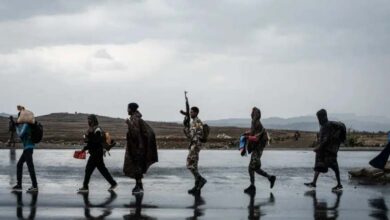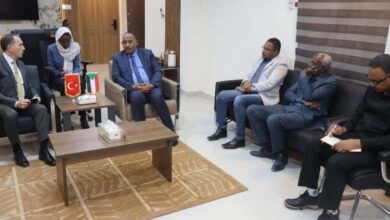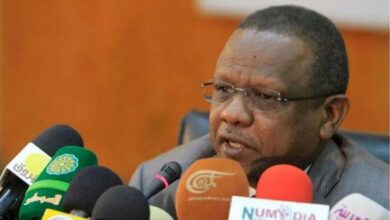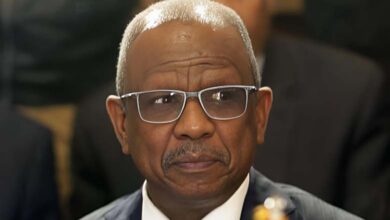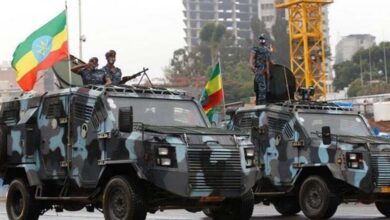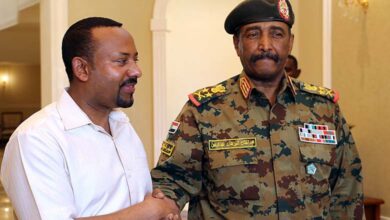Political Researchers Identify Consequences of Paraguay’s Classification of the Muslim Brotherhood as a Terrorist Organization
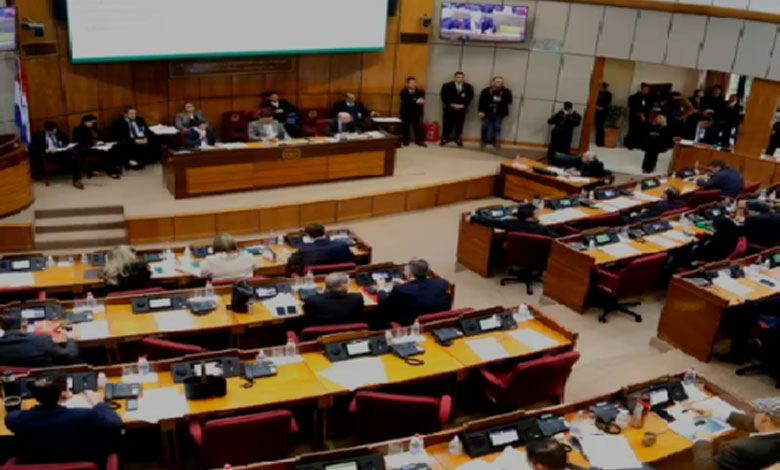
The Congress of Paraguay has declared the Muslim Brotherhood a terrorist group, citing its threat to global peace and security. Local media reported that the congressional committee approved the decision presented by Senator Lilian Samaniego to consider the “Muslim Brotherhood” a terrorist group.
Commenting on Paraguay’s decision to include the Muslim Brotherhood as a terrorist organization, Mouna Qashata, a researcher at the Egyptian Center for Thought, said that the classification is not the first of its kind because there are countries that preceded it in this decision, including Russia, Kazakhstan, and several Arab countries.
Qashata stressed that the decision strengthens the consensus on the danger of the group, as it is the main organization from which all terrorist groups emerged. Furthermore, it increases the burdens that the Muslim Brotherhood has faced recently, both domestically and internationally, in the fight against terrorism.
She explained that the Muslim Brotherhood has suffered from confusion, divisions, and horizontalism after the 2013 revolution, and its members have started looking for new havens, transferring their investments away from the public eye to Comoros and Latin America.
Terrorism is a very complex phenomenon
Terrorism is a very complex phenomenon that opens the door for the “politicization” of many countries, she said, noting that this phenomenon was demonstrated in 1979 when the US provided support to the Afghan mujahideen in order to counter the Soviet invasion. Immediately after the Soviets withdrew from Afghanistan, Washington designated the Afghan “mujahedeen” as “terrorists.”
Another problem was the difficulty of separating domestic and foreign countries on the phenomenon of terrorism, particularly in its current form; This is because we are facing organizations that have policies and ideologies that emanate from them, in addition to non-recognition of the state’s borders, which create more obstacles and reflect in one way or another in the face of international efforts to combat terrorism.
The Origin of Extremism
Mounir Adib, an Egyptian researcher specializing in extremist movements and international terrorism, said that Paraguay’s classification of the Brotherhood confirms the accusations made against the organization that violent organizations emerged from the Brotherhood’s control, or that they derived from the organization’s ideas. He noted that the Paraguayan decision indicated that the Brotherhood provided protection for extremist organizations that originated in the East and the West. He added that the decision of some Arab countries to ban the Brotherhood was due to two things; one is that the group practiced violence, and the other is that it protected terrorist groups.
Regarding the impact of the decision to classify Paraguay as a Muslim Brotherhood organization on the organization’s leadership abroad, the Egyptian researcher specializing in the affairs of extremist movements and international terrorism said that the decision of Paraguay will definitely affect the organization’s elements abroad, because the organization claims to be spread in many countries around the world. Such a decision affects the Brotherhood members in Paraguay and its neighboring countries, and the decision may lead other countries to take a similar decision against the Brotherhood.
Leadership conflict
Paraguay’s decision comes at a time when the conflict between the leaders of the Muslim Brotherhood abroad over the position of the acting guide of the organization continues. Observers believe that attempts at reconciliation between the London and Istanbul fronts to resolve their differences have failed due to a lack of agreement on the future of the organization and the conflict between the London and Istanbul fronts over the position of the acting guide. This was preceded by many disputes over the past months, following Ibrahim Munir, the former acting guide of the Muslim Brotherhood, dissolving the administrative office for organizational affairs in Turkey and forming an alternative supreme body to the guidance office of the Muslim Brotherhood, which led to the formation of the London Front, a new Shura Council, and the dismissal of the six Istanbul Shura Council members and Mahmoud Hussein, who leads the Istanbul Front, from their positions.


